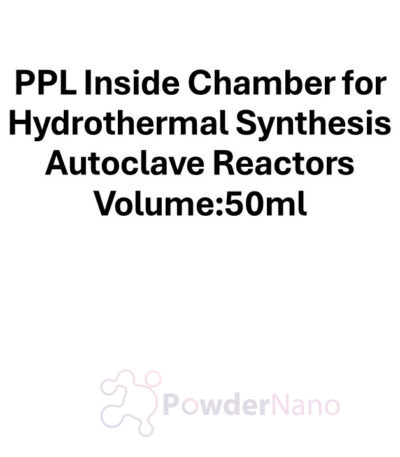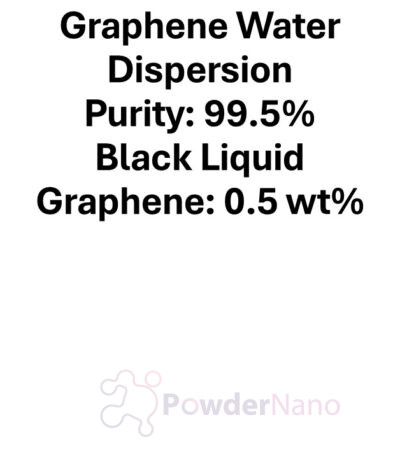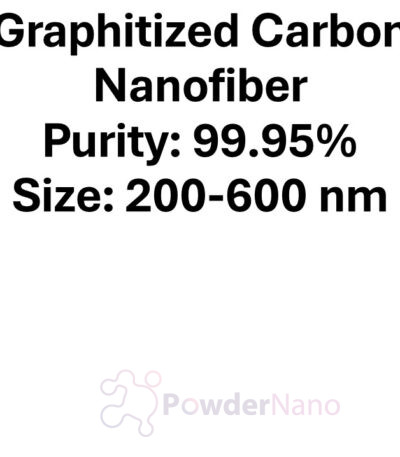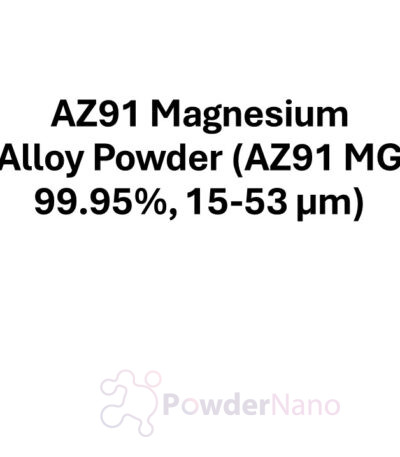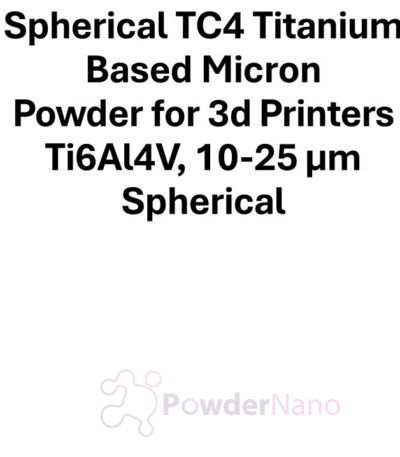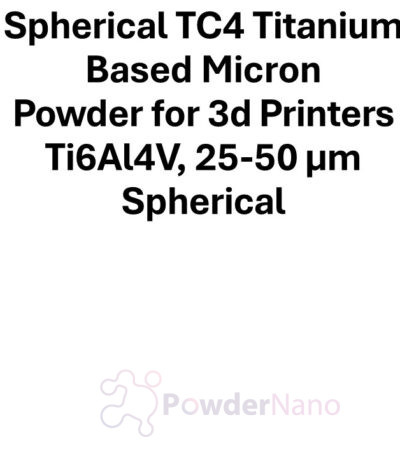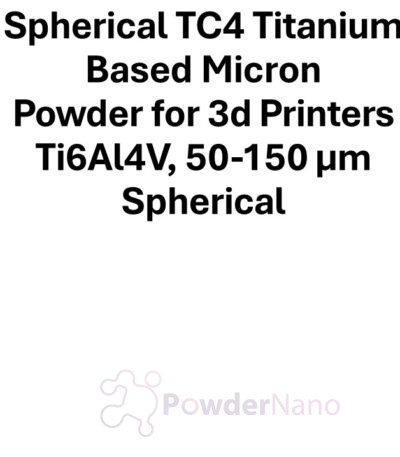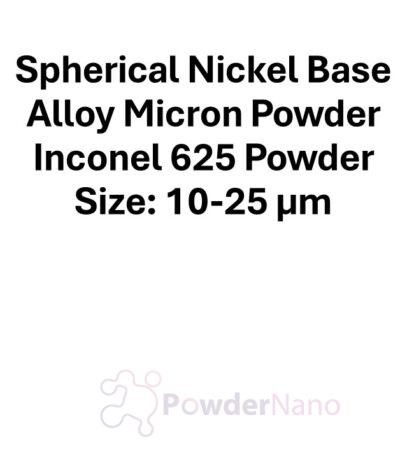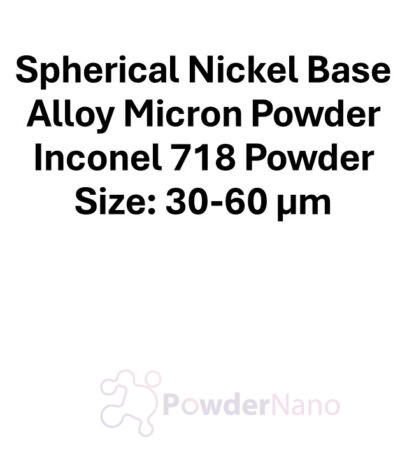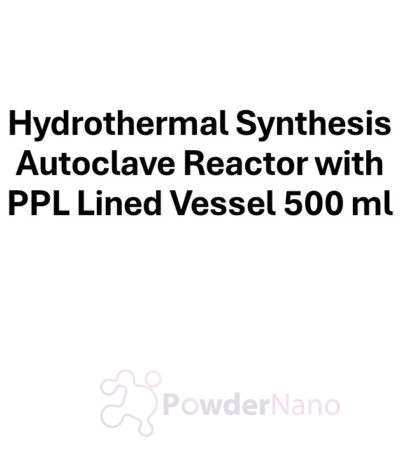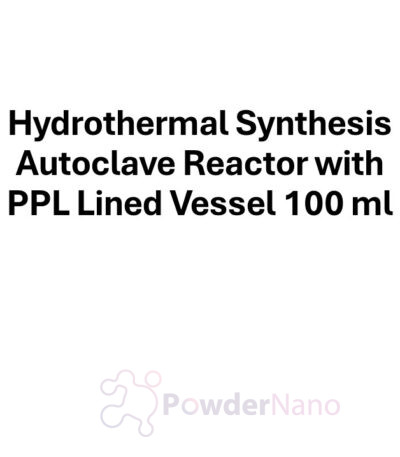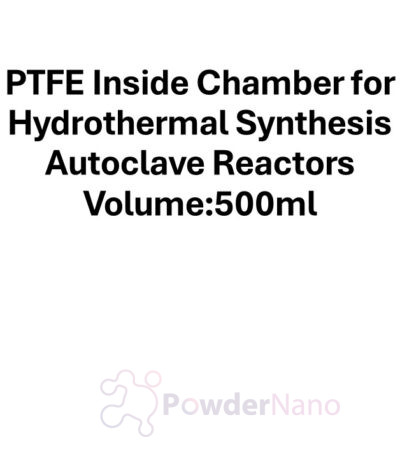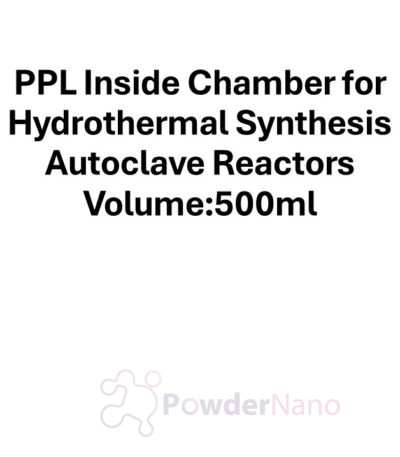Technical Specification:
- Material Composition:
- Material: Polyphenylene (PPL).
- Known for its superior chemical resistance, thermal stability, and performance in highly acidic, basic, or oxidative conditions.
- Purity: High-grade PPL ensures minimal reactivity and consistent results across experiments.
- Material: Polyphenylene (PPL).
- Physical Dimensions:
- Volume: 500 mL.
- Designed to fit seamlessly into standard 500 mL hydrothermal synthesis autoclave reactors.
- Wall Thickness: Typically 3–5 mm, providing excellent structural integrity under high-pressure environments.
- Height and Diameter: Precisely engineered for compatibility with common 500 mL autoclave models.
- Volume: 500 mL.
- Thermal Properties:
- Maximum Operating Temperature: 280°C
- Suitable for reactions requiring high thermal tolerance.
- Thermal Stability:
- Maintains consistent performance across prolonged exposure to elevated temperatures.
- Maximum Operating Temperature: 280°C
- Mechanical Properties:
- Pressure Resistance: Supports pressures up to 3 MPa (30 bar), depending on the autoclave specifications.
- Durability: Highly resistant to deformation and stress, ensuring long-term usability.
- Chemical Resistance:
- Inertness:
- Compatible with strong acids (e.g., HCl, H₂SO₄), strong bases (e.g., NaOH), and organic solvents.
- Non-Contaminating:
- Ensures that the liner does not interfere with the chemical reactions.
- Inertness:
- Ease of Use:
- Non-Stick Surface:
- Simplifies cleaning and reduces residue accumulation.
- Insertable Design:
- Designed for quick and hassle-free installation and removal from the autoclave body.
- Non-Stick Surface:
Applications:
- Primary Applications:
- Reaction Vessel Liner:
- Serves as a protective and chemically resistant barrier inside the hydrothermal synthesis autoclave.
- Reaction Vessel Liner:
- Industries:
- Material Science:
- Facilitates the fabrication of advanced nanomaterials, crystals, and composite structures.
- Chemical Research:
- Enables high-pressure, high-temperature reactions for compound synthesis and reaction mechanism studies.
- Pharmaceuticals:
- Assists in crystallization and the synthesis of high-purity compounds.
- Geology:
- Simulates natural hydrothermal environments for mineral and crystal growth.
- Material Science:
- Advantages for Applications:
- Large Capacity:
- Suitable for medium-to-large scale experiments or small batch production.
- Chemical and Thermal Stability:
- Withstands harsh chemical environments and elevated temperatures.
- Durability:
- Built for repeated use in high-stress laboratory conditions.
- Safety and Reliability:
- Prevents corrosion or chemical damage to the stainless steel reactor shell.
- Large Capacity:
- Specialized Uses:
- Nanotechnology:
- Supports the growth of nanowires, carbon nanotubes, graphene oxide, and other advanced nanostructures.
- Catalyst Development:
- Enables the preparation of advanced catalytic materials for research and industrial applications.
- Experimental Research:
- Suitable for studies of reaction kinetics, material properties, and chemical transformations under hydrothermal conditions.
- Nanotechnology:
- Challenges and Mitigation:
- Volume Limitations:
- While larger than smaller liners, it may still be insufficient for industrial-scale production.
- Solution: Ideal for R&D or pilot-scale experiments; consider scaling up with larger reactors for industrial applications.
- While larger than smaller liners, it may still be insufficient for industrial-scale production.
- Handling and Maintenance:
- PPL is softer than stainless steel and requires careful handling to avoid scratches or damage.
- Solution: Use non-abrasive cleaning tools and avoid sharp objects.
- PPL is softer than stainless steel and requires careful handling to avoid scratches or damage.
- Temperature Constraints:
- Operating above 280°C can degrade the liner.
- Solution: Strictly adhere to temperature recommendations for optimal performance.
- Operating above 280°C can degrade the liner.
- Volume Limitations:
Summary:
The PPL Inside Chamber for Hydrothermal Synthesis Autoclave Reactors (500 mL) is a durable, chemically resistant, and thermally stable liner designed for advanced material synthesis and chemical research. Its large capacity and exceptional properties make it indispensable for high-temperature, high-pressure experiments in material science, nanotechnology, and experimental chemistry. Proper handling and adherence to operational guidelines ensure long-term performance and reliable results.
